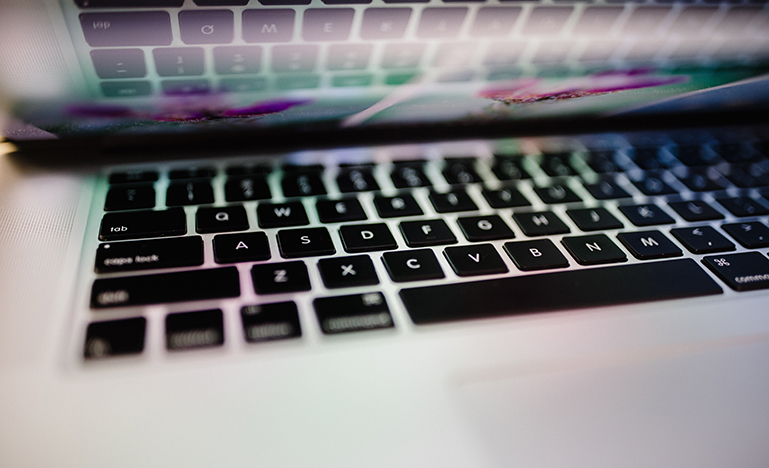Work life: Making BYOD work for you
In a legal workplace that has gone mobile, BYOD (Bring Your Own Device) has taken firm root. According to the 2015 ILTA Survey, 32 per cent of law firms allow BYOD.

But letting employees use their own mobile devices (laptops, tablets, smart phones) for both work and personal activities comes with risks.
Type “soft underbelly” and “lawyer” in Google and you will find hundreds of stories describing the cyber vulnerability of law firms, says David Whelan, information and knowledge manager at The Law Society of Upper Canada. The biggest threat to the treasure trove of confidential data, he adds, are the lawyers themselves.
No only is the data vulnerable to a breach if the device is lost or stolen, but the firm’s network can be exposed to malware, viruses and hackers through unsecured internet connections, weak passwords and a lack of encryption.
To protect client data law firms must create a security-centric workplace. That means understanding how your lawyers use their devices for work, creating an effective BYOD policy, and training, monitoring and updating staff on mobile liabilities.
Power passwords
Passwords are your first line of defence against unauthorized access to your devices and confidential information. Here are tips for creating uncrackable passwords:
1. Size matters
The more characters the better.
2. Variety
Use uppercase, lower case, numbers and special characters
3. Anonymity
Don’t use your username, real name, or company name
4. No double dipping
Never use the same password for multiple accounts


